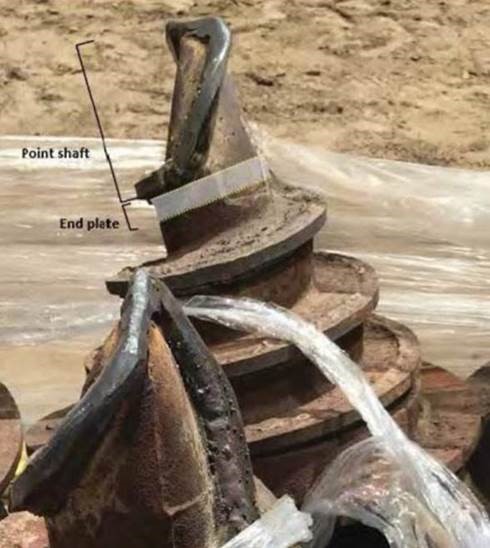NEVILLE v. FOUNDATION CONSTRUCTORS, INC.
Before Lourie, O’Malley, and Chen. Appeal from the United States District Court for the Central District of California.
Summary: The Federal Circuit affirmed a construction of “end plate” that required a flat external surface, and therefore precluded an infringement theory in which the “end plate” was an imaginary slice inside the accused product.
Plaintiffs Steve Neville, Substructure Support, Inc., and TDP Support, Inc. (collectively, “Substructure”) sued Foundation Constructors, Inc. and Foundation Pile, Inc. (collectively, “Foundation”) alleging infringement of two patents relating to “foundation piles.” Foundation piles are “tubular structures placed into the ground” to provide support for foundations built over them. The patent claims recited tubular piles with screw-shaped pile tips. The district court granted summary judgment of non-infringement based in part on its construction of the phrase “end plate having a substantially flat surface.” The figure below, submitted by Substructure’s expert, shows the alleged “end plate” in Foundation’s accused pile tip.

Substructure alleged that the highlighted region of the accused pile tip was an “end plate,” having two substantially flat surfaces—one facing the interior of the pile tip and another that interfaces with the point shaft. The district court rejected this theory because it found that the plain meaning of “end plate having a substantially flat surface” did not encompass an interior surface within the pile tip. Substructure appealed.
The Federal Circuit explained that the word “end” itself suggests that the relevant surface of the end plate is an external part of the pile tip. The specification and prosecution history also supported the district court’s construction. Thus, the Federal Circuit affirmed the grant of summary judgment.
Editor: Paul Stewart
